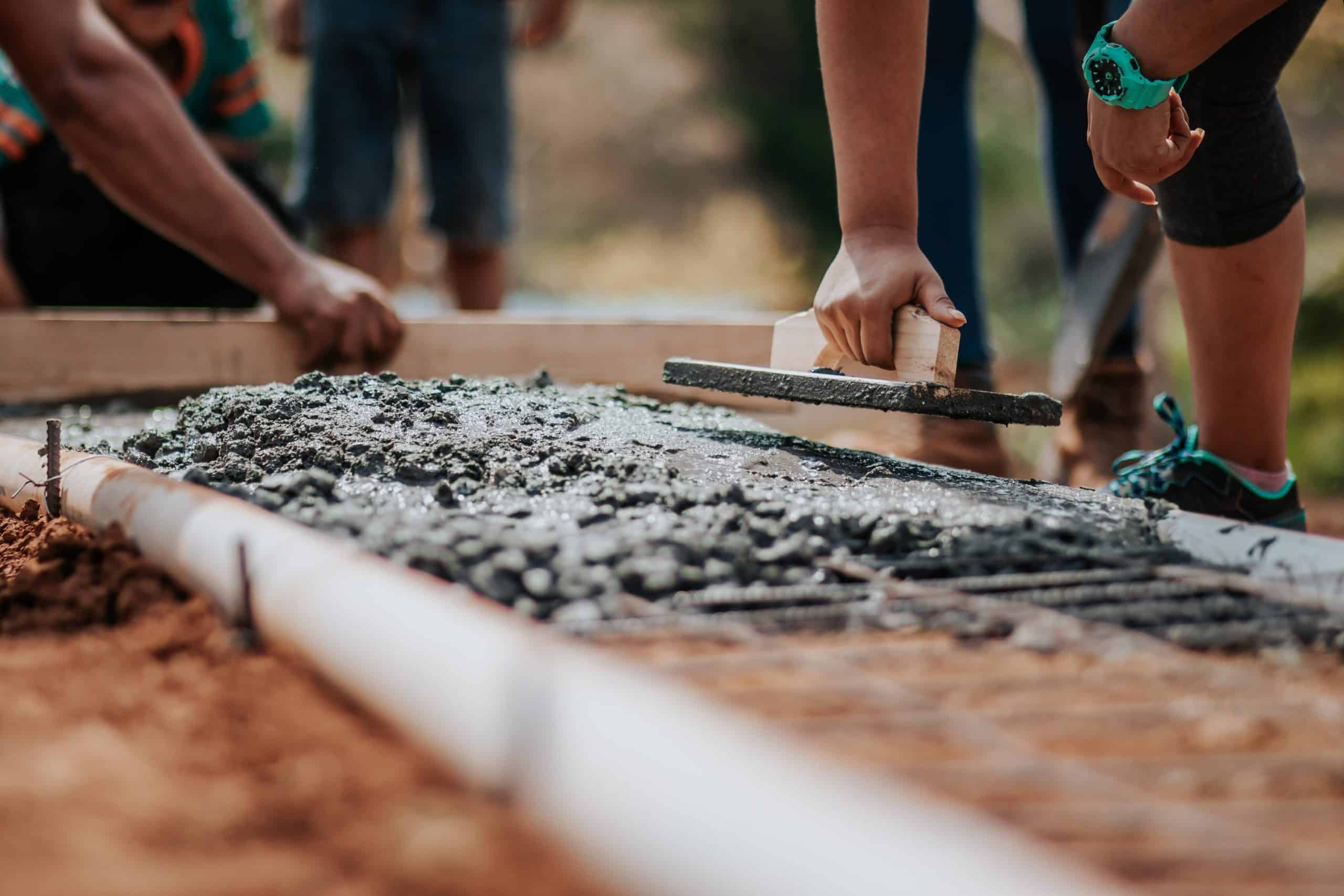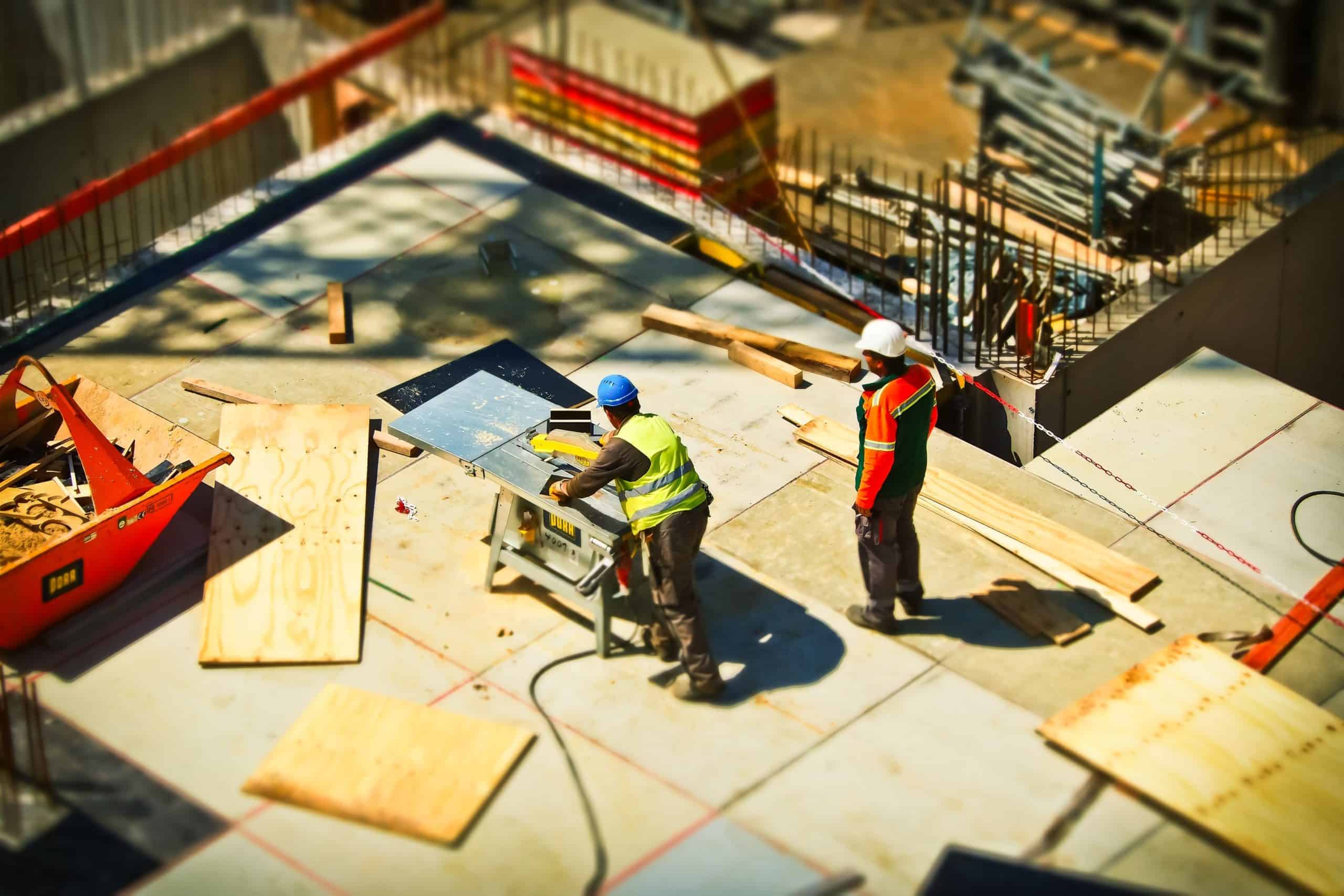Being ready for the execution of any type of building or renovation work is really important. This holds especially true when it comes to construction projects because you will be investing an enormous amount of money in materials and labor. That is why you need to be well through with all stages up until completion of your project otherwise just imagine how much can go wrong! Today’s article will shed some light on what steps should be taken before starting home construction projects.
What to prepare for your home construction project
Follow these steps to prepare your home construction project and have the easiest process.
Create a budget and stick to it
This is the most important step in preparing for your home construction project. You need to sit down and figure out how much money you are willing to spend on this project. Once you have a number in mind, make sure to stick to it! This means that if materials or labor costs exceed your budget, you will have to cut corners elsewhere or delay the project.
Calculate building materials
Building materials are the second most important thing to prepare for your home construction project. It is not enough to create a budget, you also need to make sure that all of the necessary building materials can fit in your house. You do not want something small like nails or screws leftover after your project because they will take up way too much space!
When creating a list of everything you need for your home construction projects it is easy to overlook things like paint and drywall (the material used on interior walls). These items may seem unimportant compared with other costs such as labor but forgetting them this could result in an increased cost later down the line.
Choose your lot
Next, you will need to choose a lot to build your home. Make sure that you pick one with enough room for your house to fit on. You want to leave some space around the home so it looks clean and uncluttered, but there still needs to be plenty of room in case you need extra storage or if something like a tree falls over near the property line.
Another thing that is important when choosing a lot is how close it is to any amenities or other houses in your neighborhood. If your house backs up against another then at least half of the yard will be taken away by their fence (if they have one). This can make things difficult since all of the land around your house belongs exclusively to you (minus shared driveways), so plan accordingly!
Consider working with a realtor to make this process easier.
Pick a house plan
Most new houses use plans from a catalog or online source. If you are looking for an existing house plan, consider using a real estate agent to help source your dream home.
Remember that the plans will be altered by architects and builders so there is no need to find something perfect right away. You can always iterate on it later!
However, keep in mind that without having any other houses around yours then your builder may not have many examples of previous work they can show you besides their own homes which could mean lower quality workmanship. This means finding someone with good references who have worked well within similar constraints (distance from roads etc.) should become more important than trying out different styles or designs at the first site too much.
Hire contractors
With everything in place, you can now start assembling a team to build your house. This is where you’ll want to be very careful as hiring the wrong people can delay your project, increase costs and cause a lot of headaches. Do your research upfront and get recommendations from friends, family, or other homeowners in the area.
Make sure to have contracts in place before work begins and make everyone aware of what’s expected of them. Your contractors will likely want a down payment (usually around 25-30% of the total cost) before starting work so make sure you have that money available too.
You should also be prepared for things to go wrong – it’s not a perfect world after all! Be realistic about potential delays and have backup plans ready to go just in case. Building a house is a huge investment so being prepared with a budget and the right materials will take you a long way.



